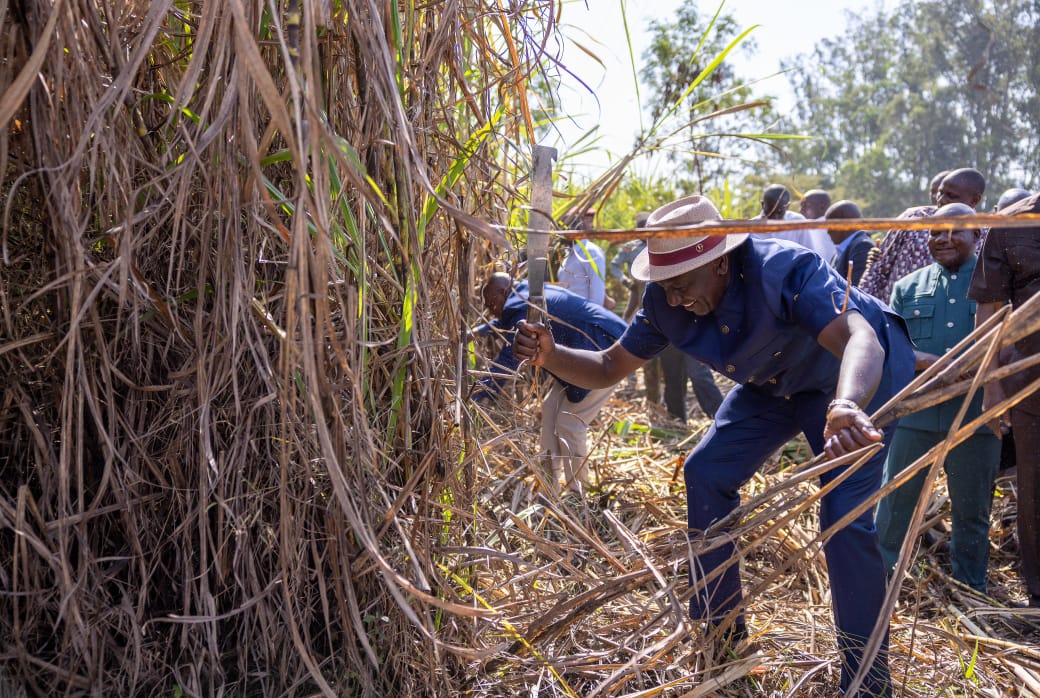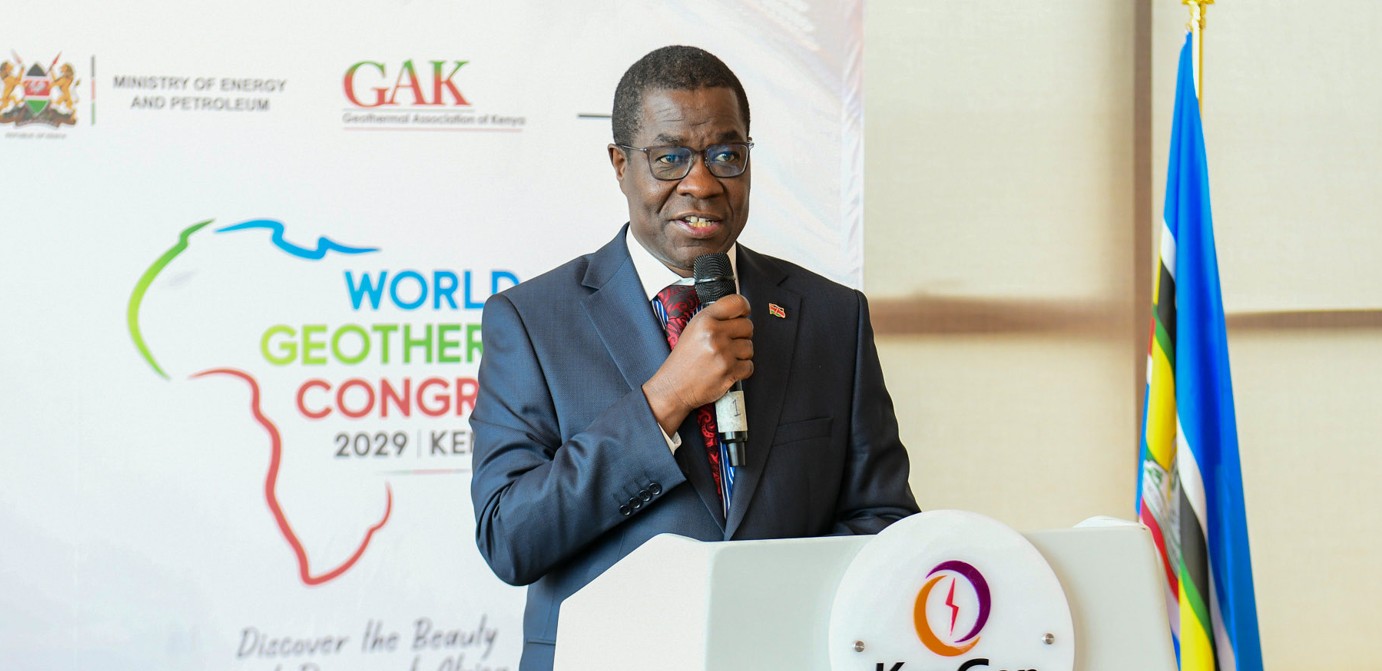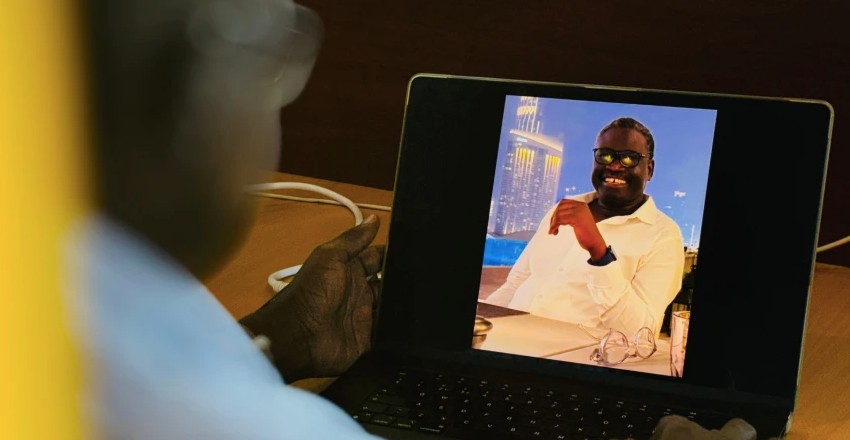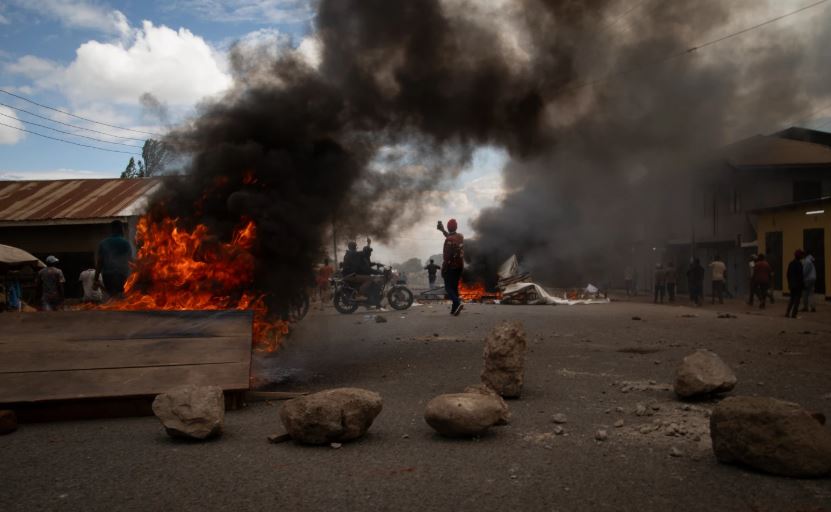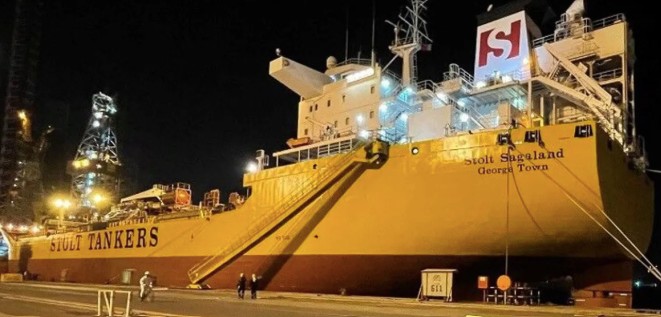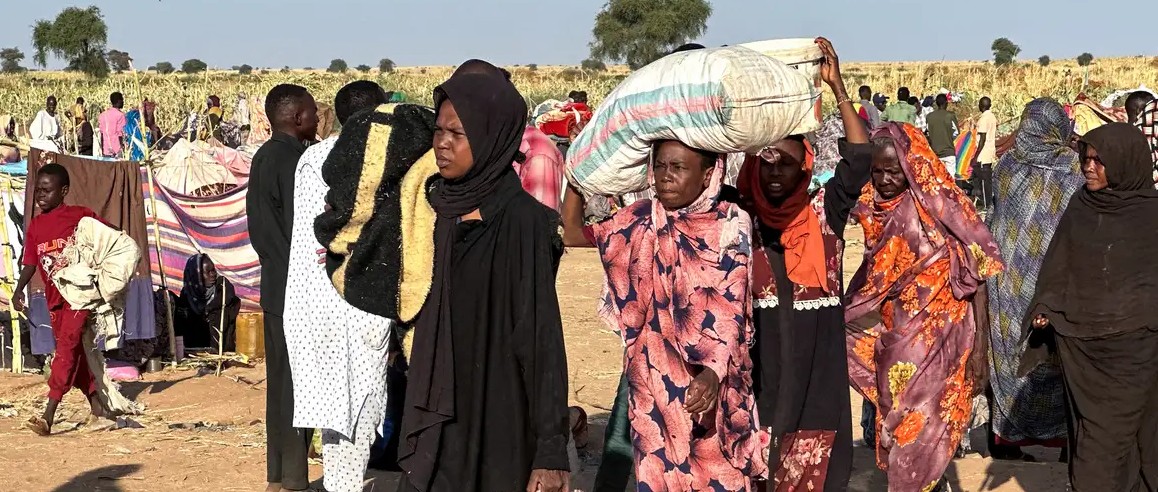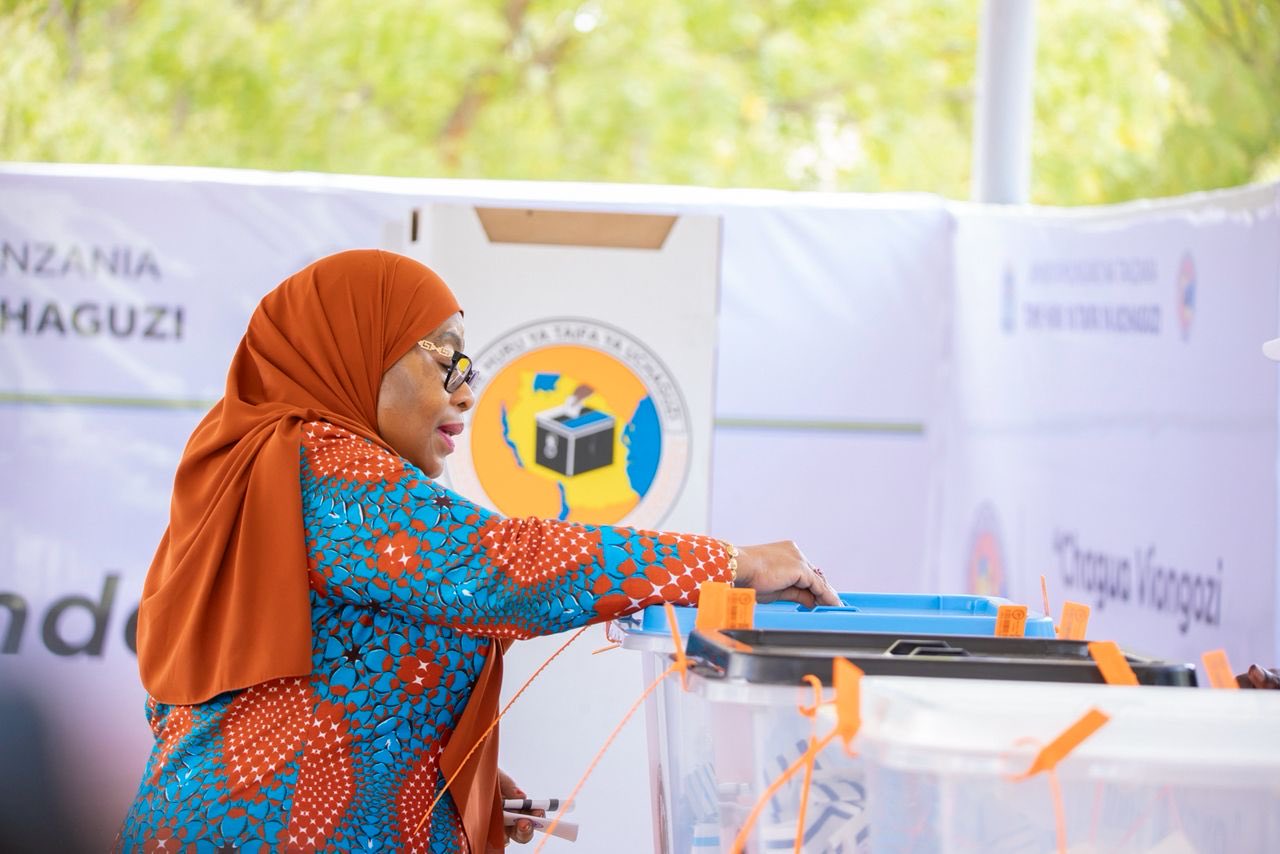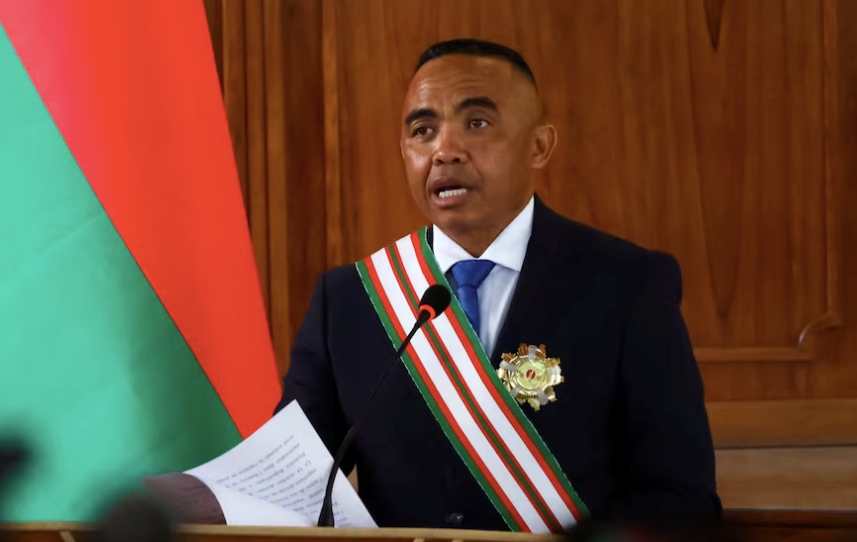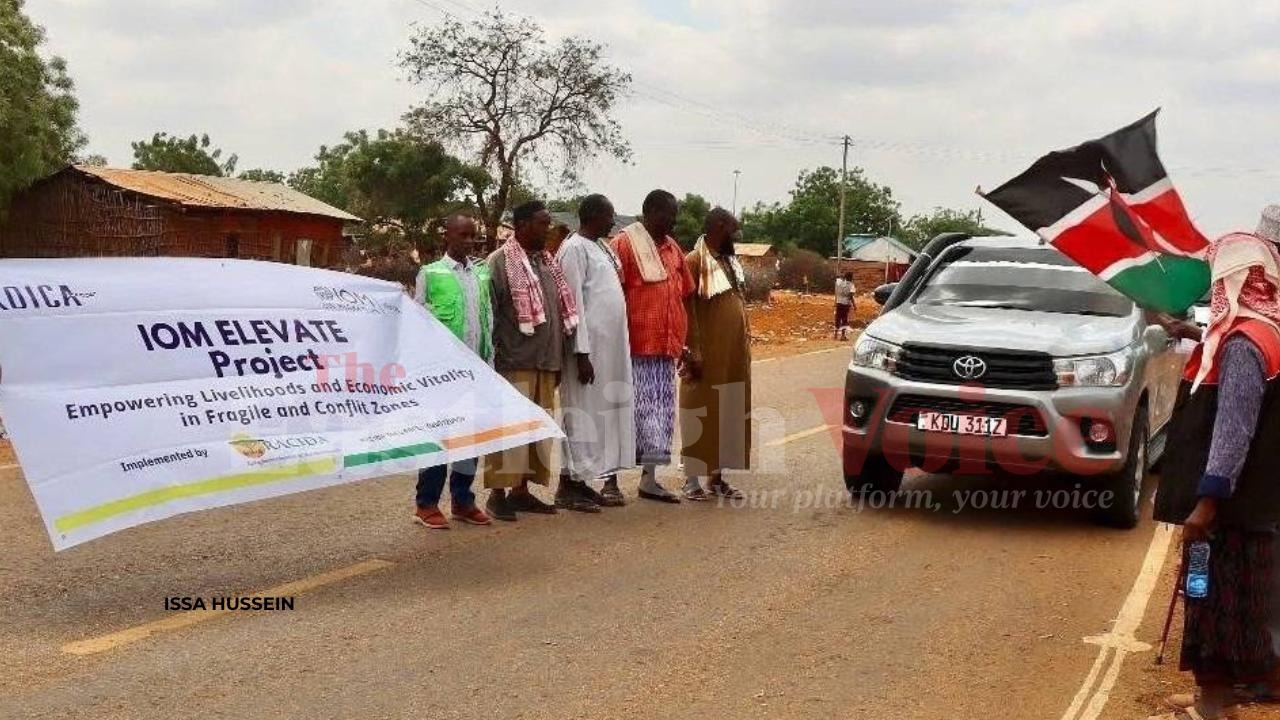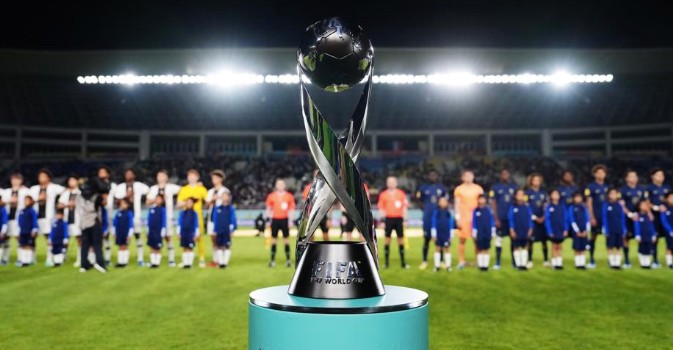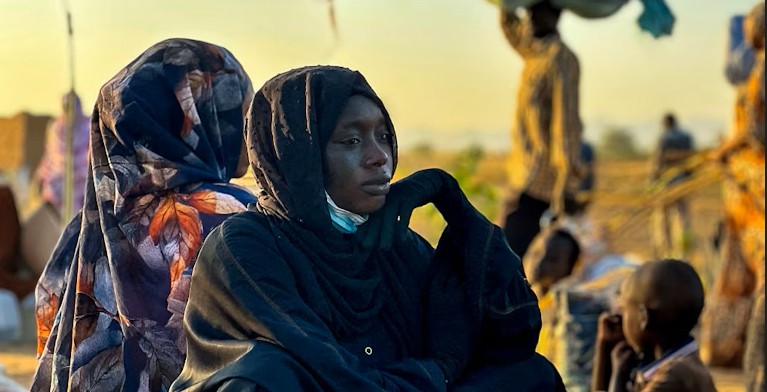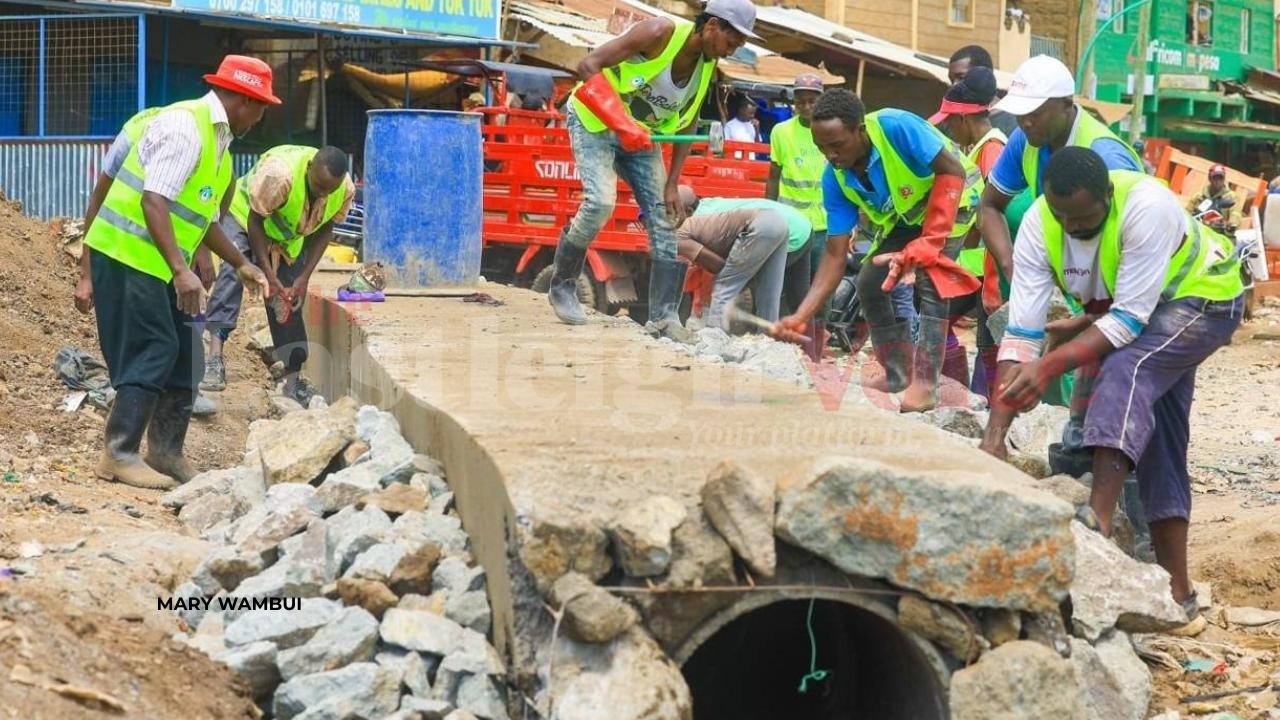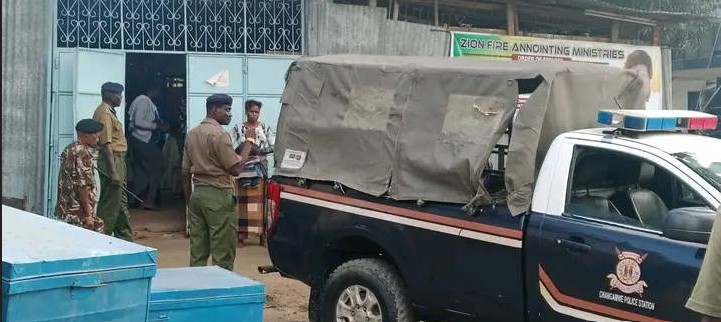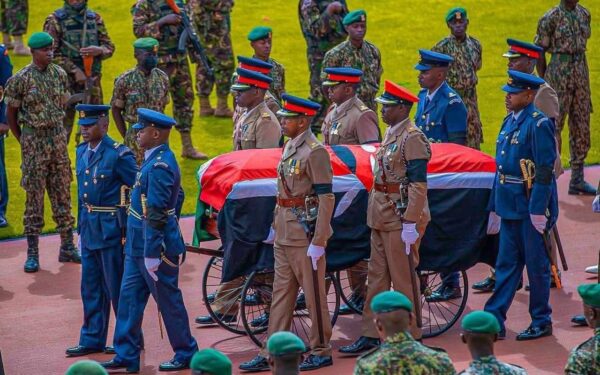Over 90 per cent of Guineans back Constitution that may let coup leader seek presidency
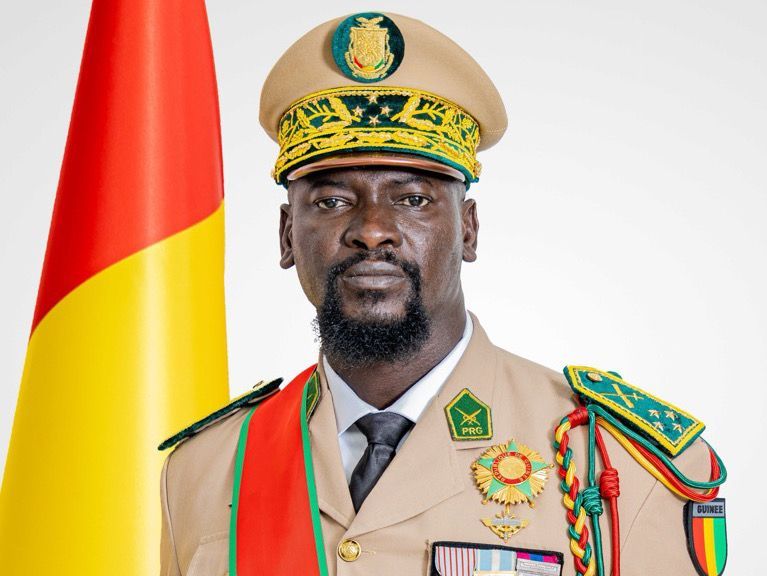
Doumbouya, 40, a former French Foreign Legion soldier, seized power in 2021, ousting President Alpha Conde in what he described as a necessary intervention to prevent the country from sliding into chaos.
Voters in Guinea have overwhelmingly approved a new constitution that could allow coup leader General Mamady Doumbouya to run for president, provisional results released late on Monday have shown.
The referendum results, based on roughly 91 per cent of votes counted, showed 90.6 per cent in favour and 9.4 per cent against, Djenabou Toure, head of Guinea's General Directorate of Elections, told reporters.
More To Read
- How doctors offering free healthcare services are bringing hope to mothers in Somalia’s Mudug region
- Why are over 670 million people going hungry?
- Kenya’s ambassador to Guinea Isaac Parashina presents credentials to junta leader, eyes stronger ties
- 5.7 million people face food insecurity in Haiti
- In Africa’s Sahel, conflict and climate change force millions from their homes
- Guinea sets December 28 presidential election after constitutional changes
Although an official turnout figure was not released, Toure noted that more than 4.8 million votes were counted out of over 6.6 million registered voters, indicating participation exceeded 70 per cent, well above the 50 per cent threshold required for the referendum to pass.
Doumbouya, 40, a former French Foreign Legion soldier, seized power in 2021, ousting President Alpha Conde in what he described as a necessary intervention to prevent the country from sliding into chaos.
Despite Guinea's vast mineral wealth, the World Food Programme reports that over half of the country's 15 million people experience extreme poverty and food insecurity.
The transitional charter that followed Doumbouya's coup barred members of the military government from seeking office, but the new constitution removes that restriction.
It proposes extending the presidential term from five to seven years, renewable twice and creating a Senate in which one-third of members would be appointed by the president.
While Doumbouya has not publicly confirmed whether he will contest the election scheduled for December, he remained the focal point of the referendum campaign.
Reports indicate that for weeks, the capital Conakry was alive with Quran recitations, reggae concerts, and prayers supporting Doumbouya and the new charter
Meanwhile, the opposition was largely absent. Last year, the regime dissolved over 50 political parties and, weeks before the referendum, suspended the three main opposition parties, effectively preventing them from organising rallies or campaigning.
According to analysts, the December presidential election will be a critical test of Guinea's fragile transition, determining whether the nation can balance democratic aspirations with the consolidation of power by its military-backed leadership.
Top Stories Today
